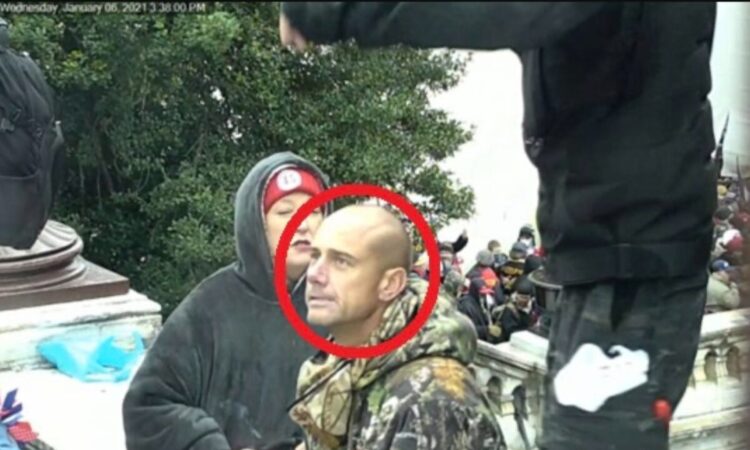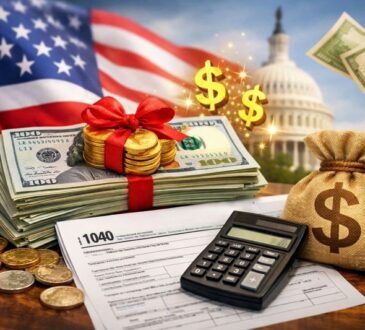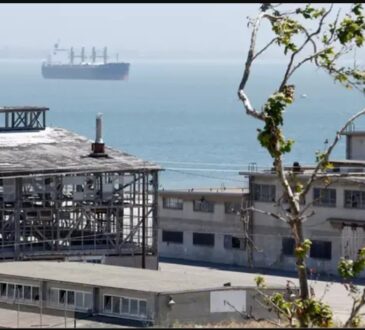Florida Man Pardoned by Trump for Jan. 6 Crimes Arrested Just One Day Later, You Won’t Believe What He Did

Daniel Charles Ball, a 39-year-old man from Florida, was initially charged for his actions during the January 6, 2021, Capitol riot.
He faced serious accusations, including assaulting police officers with a dangerous weapon, using explosives to commit crimes, obstructing law enforcement, and engaging in violent behavior on restricted Capitol grounds.
He was also accused of stealing government property and causing chaos during one of the most infamous events in recent U.S. history.
During the riot, Ball was part of the group trying to push past police officers who were guarding the Capitol.
When they couldn’t break through, he threw an explosive device at the officers, which caused loud flashes and explosions.
The explosion left many officers in pain, with some experiencing hearing problems that lasted for months. This act was captured in photos and videos, and Ball became one of the many individuals identified and charged for their violent actions that day.
Ball lived in Homosassa, Florida, a small town north of Tampa. Local authorities arrested him after his probation officer recognized him in footage from the riot.
The attack on the Capitol’s lower west tunnel, where Ball played a significant role, was particularly violent and widely publicized. This area became notorious as it was where a police officer was dragged into the crowd and brutally beaten.
Ball was held without bail because of the seriousness of his charges, but his case was dismissed in 2025 after President Donald Trump issued a sweeping pardon for many of the Capitol rioters.
Trump’s pardon covered thousands of individuals, including those charged or convicted of violent crimes against police officers. It also prevented prosecutors from re-filing charges against the pardoned individuals.
However, Ball’s freedom was short-lived. Just one day after his charges were dropped, he was arrested again—this time on federal gun charges.
He was accused of illegally owning firearms and ammunition despite being a convicted felon. His criminal history included a domestic violence conviction in 2017 and charges of resisting law enforcement and battery on a police officer in 2021. These prior convictions made it illegal for him to own guns.
Court records show that Ball’s new arrest was related to an indictment issued in August 2024, and he was taken into custody on January 22, 2025. Since these new charges were unrelated to his actions on January 6, Trump’s pardons didn’t protect him.
Any other crimes committed by January 6 rioters after their pardons would also lead to new charges, and they wouldn’t be shielded by the president’s actions.
In addition to legal consequences, many January 6 rioters faced backlash from their families, coworkers, and communities. Some were even turned in by people who recognized them from photos or videos.
If any of these individuals commit more crimes, they could face new charges under state or federal laws. For example, crimes like assault, stalking, or harassment would fall under state law and wouldn’t be affected by presidential pardons.
Ball’s story highlights how, even with a presidential pardon, legal troubles can continue if someone engages in further illegal activities. It also shows the ongoing efforts to hold individuals accountable for their actions, even years after the Capitol riot.




